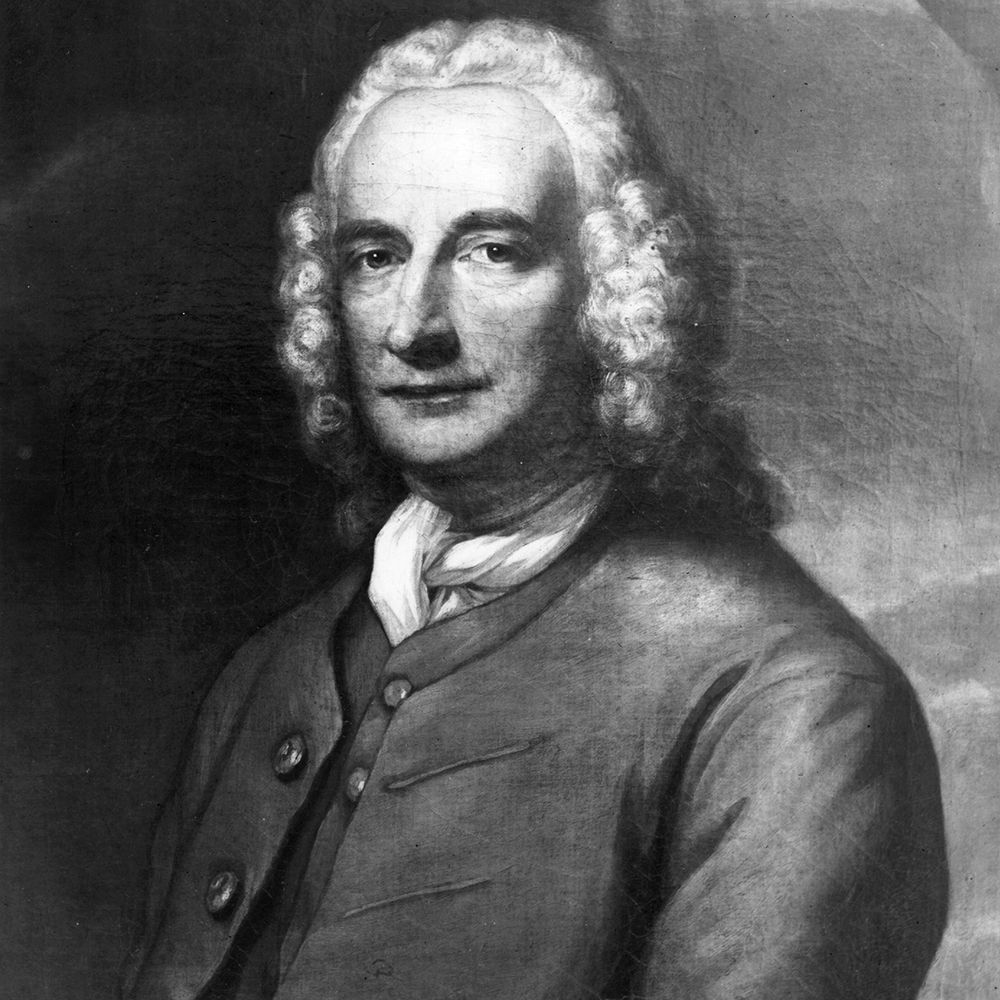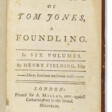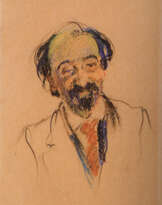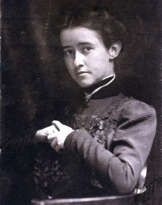Henry Fielding (1707 - 1754)

Henry Fielding
Henry Fielding was an 18th-century British judge, writer and playwright, and the founder of the English realist novel.
Fielding attended Eton College, where he studied classical writers, and wrote his first play in 1728. In all, he wrote about 25 rather witty and topical plays for the theater. But this activity led to the fact that in 1737, the Act of Theater Censorship was passed, and satire on political topics became virtually forbidden. To find a source of income, Fielding went to study law at Middle Temple and became a lawyer.
In 1741, Fielding wrote his first parody of Samuel Richardson's Pamela: or Rewarded Virtue, he called it "An Apologia of the Life of Mrs. Shamela Andrews." Others followed, and in essence Fielding started a new genre in fiction. And in 1742, he wrote the novel "Joseph Andrews."
In the late 1740s, Fielding was appointed Justice of the Peace of Westminster and then Justice of the Peace of Middlesex. But he did not abandon his creativity and in 1749 he wrote the famous comic "The Story of Tom Jones, the Foundling," a work that is considered one of the greatest early English-language novels. The novel was so warmly received by its first readers that four editions totaling 10,000 copies were published in less than a year.
| Date and place of birt: | 22 april 1707, County of Somerset, United Kingdom |
|---|---|
| Date and place of death: | 8 october 1754, Lisbon, Portugal |
| Period of activity: | XVIII century |
| Specialization: | Judge, Jurist, Playwright, Writer |
| Art style: | Realism, Romanticism |

















